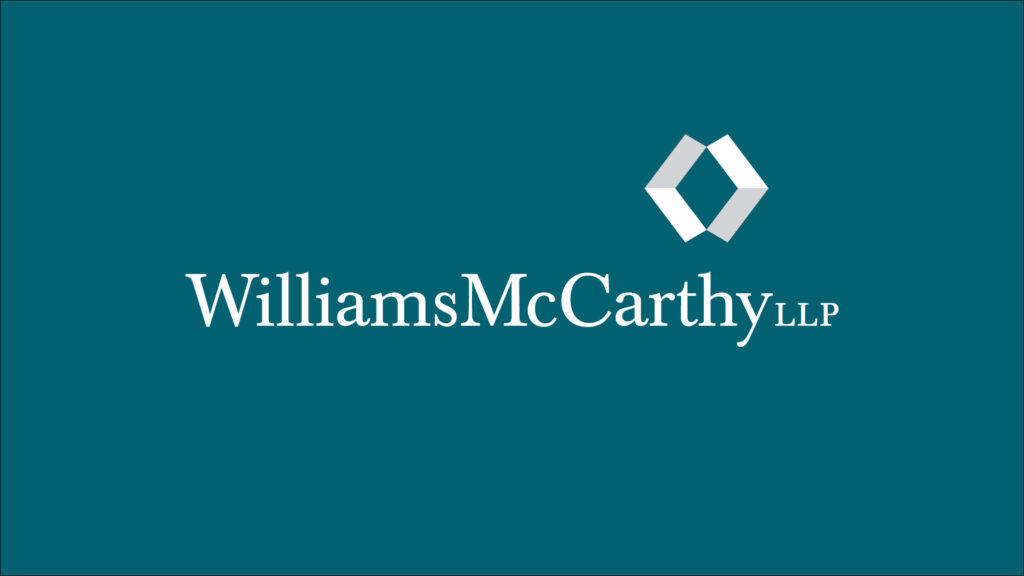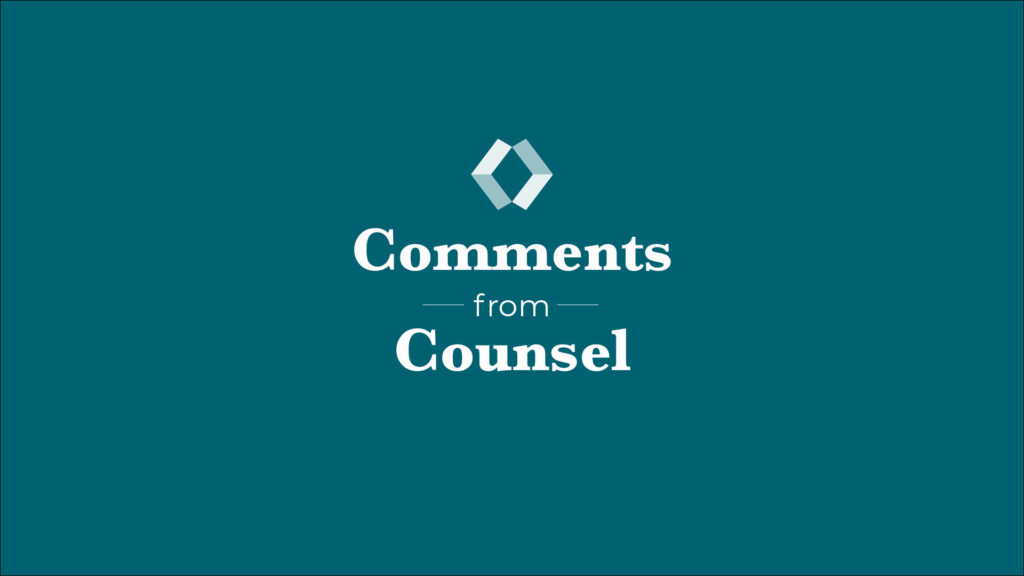This article initially ran in the February 2020 issue of the Rockford Chamber VOICE.
For many donors, charitable giving is a way of life. A variety of charitable groups, including social service organizations, colleges and universities, and faith-based bodies rely on the support of donors to further their missions. Competition for charitable dollars is increasing as federal legislation continues to make small-dollar donations less advantageous. Charitable fundraisers and the organizations they serve need to be prepared to communicate an organization’s needs and translate donors’ intent to maximize fundraising opportunities.
While all charitable giving is welcome, different types of gifts will be treated differently.
Donors may choose to leave a testamentary gift to a charitable organization in a multitude of ways, including cash, life insurance, stock or real estate. They also have the right to outline their intent for the gift, including granting discretion on the use of funds completely to the organization; directing the proceeds to a particular goal or program; or contributing restricted or unrestricted amounts to an endowment for the organization’s future. Both the type of donation and the restrictions on that donation matter significantly to an organization.
From a not-for-profit perspective, liquidity and freedom from restrictions can be the most advantageous. As an example, a donor who leaves an unrestricted cash donation has given the organization the most flexibility possible, allowing the funds to be used as immediately or invested for the future based on the needs of the organization. Compare that to a donor who gifts real estate to a charity, which will require management and eventual liquidation to convert the gift to address changing organizational needs, but which offers the potential for a long-term income stream. Both are worthy, appreciated gifts, but the intent and usefulness varies greatly depending on the organization’s needs at that time. Cash is immediately useful, but bears few tax advantages when compared with real estate, which may appreciate over time. Both gifts will serve the organization, but depending on the organization’s situation, one gift may be more useful than the other.
Share the organization’s gift acceptance policy with donors.
Finding out an organization does not accept a certain type of donation after a donor has passed away has the potential to create tension during what should be a celebration of life and legacy. Not to mention the strain and conflict it can create with family members, sometimes impacting generational support. Avoid appearing ungrateful by developing and communicating a clear gift acceptance policy. The policy should outline under what circumstances various gifts to the organization can be accepted, as well as how they will be handled, recognized and tracked. Explain the rationale behind the policy not to accept certain gifts like closely held stock, artwork, or controversial company shares, citing the complications triggered by these types of gifts. For example, environmental charities may not be too keen to hold ExxonMobil or Bayer shares for any length of time. Civic-minded donors want to give in a manner that does the most good, so making this information readily available allows donors to make informed decisions and avoids awkward interactions with family members (or the donor himself or herself!) later.
Encourage donors to work with professional advisors – and family.
Not-for-profit fundraisers are experts in building relationships and matching donors to the needs of their organizations. However, even the best fundraisers will be well served by advising donors to work with an estate planning team, which may include an attorney, financial planner, and accountant. A thoughtful estate plan needs to clearly articulate a donor’s wishes, consider tax law implications, address beneficiary designations, guide the distribution of assets, and align with all other financial plans and decisions. Donors also need to share their intentions with family members – part of creating a legacy is for family members to understand and honor that legacy. A donor working with professional advisers and family members to create and maintain an integrated estate plan is one best positioned to ensure his/her values and beliefs are memorialized.
Developing and maintaining a diversified planned giving program addressing gifting attributes is critical to sustaining and growing a charity’s mission and operations. Happy Gifting!
Daniel Huntley is a partner with WilliamsMcCarthy LLP, focusing his practice on transactional matters, including estate planning, real estate, corporate law and agricultural law. He can be reached at dhuntley@wilmac.com or 815-987-8980.






